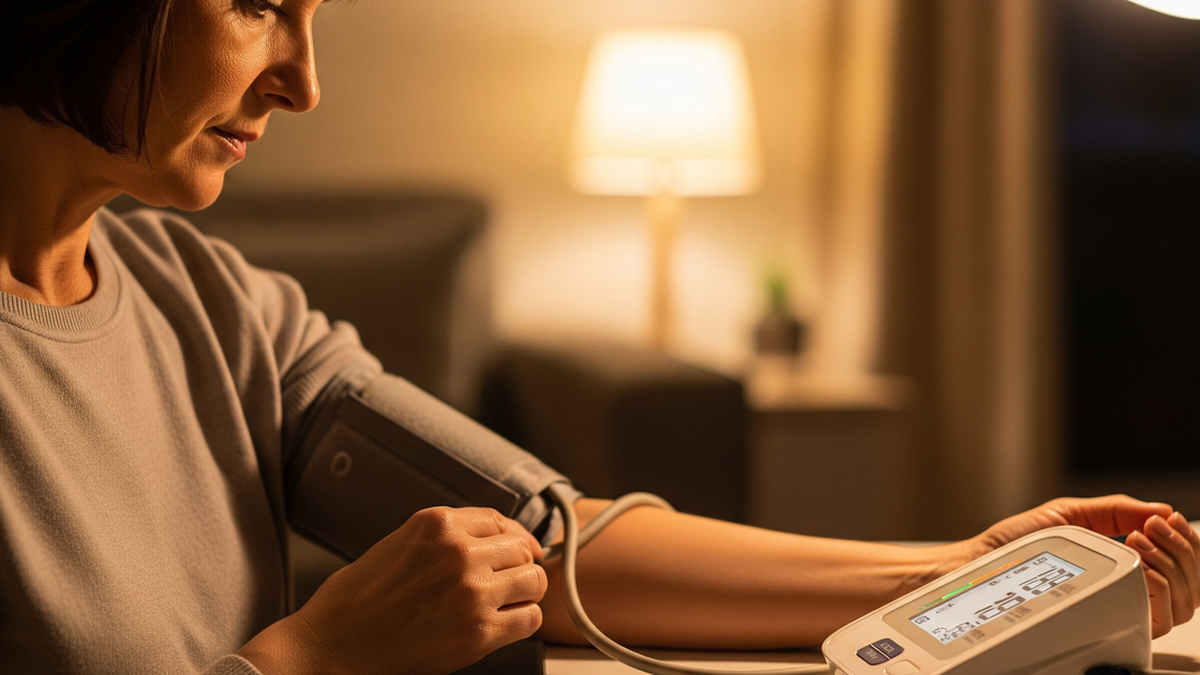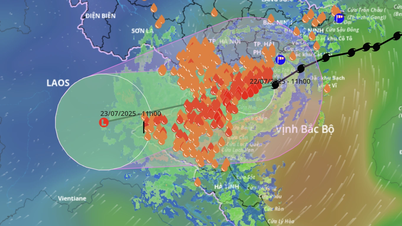Due to the tumor causing intestinal obstruction, the patient may have frequent abdominal pain and bloating after eating, the pain progressing severely every day.
Bowel cancer (also known as colorectal cancer) is the second leading cause of death in the UK, with around 43,000 new cases diagnosed each year, according to Bowel Cancer UK. In its early stages, the disease has no obvious symptoms or only causes mild symptoms, making it difficult to diagnose. However, as with other cancers, early detection is key to successful treatment of bowel cancer.
Dr Chun Tang, director of Pall Mall Medical Clinic and inventor of ColoAlert, a colorectal cancer screening kit, said the disease is often detected when a tumour causes a bowel obstruction.
"Common symptoms that indicate a bowel obstruction include severe, intermittent abdominal pain that gets worse after eating. You may also experience unwanted weight loss, persistent bloating, and poor health due to abdominal pain," explains Dr. Tang.
Other notable signs to watch for include blood in the stool (in people without hemorrhoids); increased abdominal pain or bloating after eating; changes in bowel habits; frequent bowel movements but looser stools, the expert said.
Not everyone who experiences these symptoms has bowel cancer. However, if you experience any of these symptoms for a long time, you should see your doctor to rule out other causes and get further tests to determine whether you have bowel cancer, Tang said.

A cancer patient receives treatment at the hospital. Photo : Pexel
The National Health Service (NHS) recommends that if you have the following symptoms lasting 3 weeks or longer, you should see a doctor: Abdominal pain, bloating, sudden weight loss, unexplained fatigue, frequent urge to defecate immediately after going to the toilet, blood in the stool, unusual alternating diarrhea and constipation...
A study published by the Ohio State University Comprehensive Cancer Center in the Journal of the National Cancer Institute on May 4 found four new signs of colorectal cancer: abdominal pain, rectal bleeding, persistent diarrhea, and iron deficiency anemia.
Volunteers with cancer had at least one symptom, with onset as early as two years before diagnosis. The risk of cancer increased as other symptoms appeared.
If colorectal cancer is detected early, it can be removed endoscopically or surgically, with a 5-year survival rate of 85-90%.
Doctors recommend that for normal people, colon cancer screening endoscopy should start at 45 to 50 years old. People with a family history of multiple polyps should have early screening endoscopy from 12 to 20 years old. In case no colon polyps are detected, a colonoscopy can be performed periodically every 3-5 years. Patients who detect polyps should have a colonoscopy and periodic check-up every 6 to 12 months.
People with a history of chronic colitis or gastritis, or a family member who has had gastrointestinal cancer (esophageal, stomach, colorectal), or symptoms of unexplained weight loss, constipation, bloating, bloody urine and stools, vomiting blood... should see a doctor immediately for screening, timely detection and treatment.
Gia Khanh (According to Express )
Source link







































































































Comment (0)